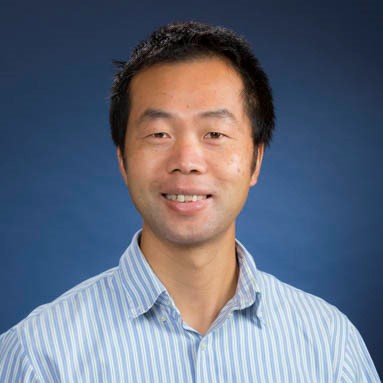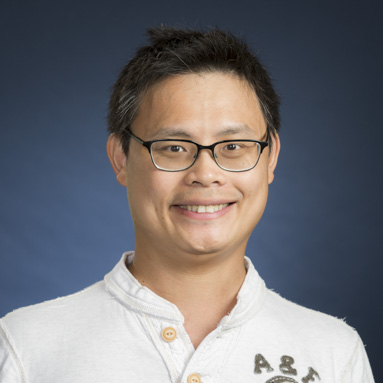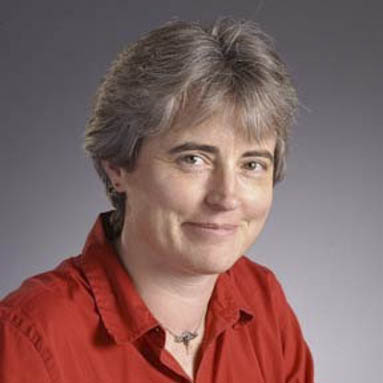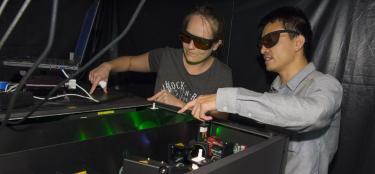An Applied Physics PhD from WPI Opens Career Possibilities
WPI’s new PhD in applied physics offers a range of focus areas so you can align your research goals, interests, and career path.
WPI’s applied physics PhD program allows you to take advantage of the university’s multidisciplinary approach to amplify the reach and impact of your work using a practical and applied combination of physics and mathematics theories and engineering design principles. With five concentrations to choose from, you have the flexibility to match your research interests with the in-depth, active projects faculty members have in progress. Those collaborations elevate the work you’ll create as part of your degree program and your future career successes.
Your work here gives you the freedom to explore innovative paths and gives you real-world opportunities to apply that knowledge to a real-world problem and contribute new knowledge to the field.

The applied physics graduate program gives student researchers the faculty support and university resources needed for cross-cutting research in areas at the interface of physics and other scientific disciplines. This degree prepares you for a research and leadership career path in academia, industry, education, government, and groundbreaking discoveries at national and international laboratories.
You will choose from five concentrations to focus your research and carve out your own original knowledge.
- Biophysics and soft condensed matter
- Medical physics
- Nanoscience and technology
- Photonics
- Radiological sciences
Learn more about how your applied physics PhD from WPI can contribute to the field of physics and help advance your career.
The PhD in applied physics is a 60-credit hour program that involves close collaboration with your faculty advisor and with peers and faculty in other disciplines. Program requirements are divided equally between coursework (30 credits) and dissertation research (30 credits, minimum). The curriculum will vary depending on the chosen concentration but will include relevant topics for each specialty whether it is biophysics and soft condensed matter, medical physics, nanoscience and technology, photonics, or radiological sciences.
Students in the applied physics PhD program will commit to a one-year residency requirement.
Research
Research in the applied physics PhD program depends on the expertise of faculty, many of whom are global leaders in their specialties. Our labs and facilities provide you with the cutting-edge equipment and space you need to conduct varied research.
The university has several specialized labs at the WPI Life Sciences & Bioengineering Center at Gateway Park. Depending on your research concentration, you’ll find your work matches ongoing work at labs such as the Center for Computational Nanoscience with Computer Clusters, the photonics-focused Laboratory for Education & Application Prototypes (LEAP @ WPI/QCC), or the Atomic Force Microscopy (AFM Laboratory).
Interested in a degree that gives you a slightly different focus than the applied physics graduate program? Explore our PhD in physics.
Have questions?
WPI's dedicated graduate student support team can help.
Faculty Profiles








An Applied Physics Masters Expands Your Professional Opportunities
Will an advanced degree help advance your career? WPI’s applied physics master's degree gives you the kind of hands-on research and in-depth knowledge you need to level up in your career. Are you already thinking about earning your physics PhD? WPI’s physics PhD curriculum challenges you to develop novel knowledge as you collaborate with our expert faculty. If you’re looking for a top applied physics graduate program, be sure to explore WPI’s physics PhD.
Interested in Exploring Undergrad Opportunities for Applied Physics?
If you’re just starting your college career and applied physics is of interest to you, WPI’s bachelor’s degree in applied physics can help you gain knowledge that can be used to solve some of the most pressing problems in the world.
Are you already majoring in a different discipline, but like physics? WPI’s minor in nanoscience will give you an understanding of how living things behave with endless opportunities ranging from the science field to commercial. Maybe you’re curious about physics salary data, job titles, and career outcomes? Or do you have specific questions like what does an applied physicist do or what can I do with an applied physics degree? Explore our career outlook for physics and get answers to all of your important questions.
Refer a Friend
Do you have a friend, colleague, or family member who might be interested in a WPI graduate program? Click below to tell them about our programs.
Do You Teach Physics?
Are you a physics teacher who wants to show your students why physics is fun? Are you looking to learn more in the process? WPI’s Master of Science in Physics for Educators (MPED) can freshen up your physics knowledge while giving you new and innovative tools to use in the classroom.
